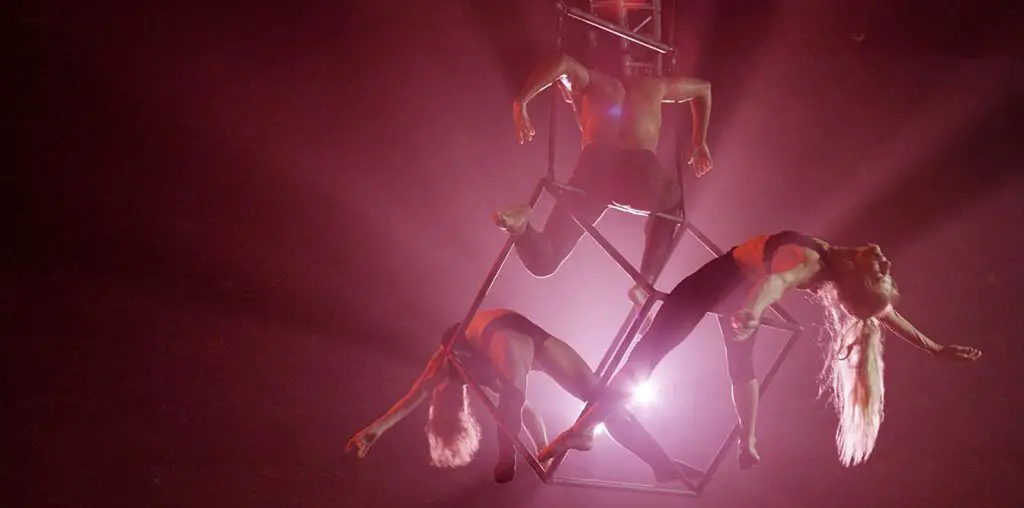
One of the many nice touches in The Upside of Anger is writer-director Mike Binder’s casting of Kevin Costner as a boozy ex-baseball pitcher gone to seed. Much in the performance evokes Jack Nicholson’s turn as the boozy ex-astronaut gone to seed in Terms of Endearment but there’s additional dimension here due to the fact that Costner’s audience has watched him portray ball players in various stages of their career arcs as long as it’s watched him on screen. From Bull Durham (’88) to For Love of the Game (’99) with Field of Dreams (’89) in between, some of the actor’s best work has been done on a diamond. He played an over-the-hill pitcher throwing in the last game of his professional life in For Love of the Game. The character he plays in his new film could almost be the same character picked up a few years down the road.
Denny Davies was once a star pitcher for the Detroit Tigers. Unlike some of his more foresightful teammates, who managed somehow to “pull car dealerships out of their a***s,” he emerged from his most productive years poorly prepared for life as a middle-aged relic and divides his time between hosting a local radio talk show and signing baseballs by the boxful for sale on the internet. And drinking.
He happens to drop by the suburban home of a neighbor one morning to pitch a plan for a subdivision whose developers have promised him one of the lots as commission. He’s looking for the man of the house, an old friend, and instead finds Joan Allen, who is holding a vodka, wearing her night attire and informs him with a slight slur that her husband has disappeared. She has reason to believe he has run off with his Swedish secretary. Costner has reason to believe a vacuum may have been created he might find it satisfying to fill.
Allen always does highly watchable work, of course, and is in top form as Terry Wolfmeyer, a woman consumed and ultimately transformed by rage. The mother of four headstrong high school and college-aged daughters, she is initially wary of Costner but curious. What resistance she has to the idea of allowing him into their lives is worn down by a combination of goofball charm and strong drink.
The young women are played by Erika Christensen, Evan Rachel Wood, Keri Russell and Alicia Witt. They do not approve of their mother’s drinking. They keep the household running and hope she’ll come out the other side of a terrible time in her life able to redevote herself to looking after them. In the meantime, they look after her. To the extent that she’ll let them. They do approve of Denny.
They also have some of the smartest mouths I’ve heard on young female movie characters in some time. They’re a feisty and artfully developed bunch, each a completely distinct wise-assed piece of work. Around them, Costner’s character initially is like a bear woozily shuffling out of his cave after a long winter and slowly adjusting to the light. In a wonderful scene, he just sits and listens to the five women who’ve suddenly become the center of his life as they throw their emotions around the dinner table. He hasn’t witnessed so much drama outside a world series and can’t believe his good fortune at being invited into this lively new line up. Shaking his head and grinning, the only words he can find are “You’re all just so female!”
Binder’s movie is sure to remind many viewers of movies made by James Brooks. It’s a comedy of manners. It has a colorful ensemble cast. Themes shift between life’s sweetness and some of its bitterest stuff. And it contains dialogue as knowing and barbed as any in Terms, Broadcast News or As Good As It Gets. It has an edge in certain places that Brooks’ films tend to do without and it pulls a dark surprise out of its sleeve toward the end that Brooks wouldn’t touch with a ten foot pole. All in all, though, it’s a thoroughly engaging tribute to the transfiguring power of pain and disappointment laced with some the biggest laughs courtesy of barely functioning lushes since Sideways. There isn’t a less than memorable performance in the picture and that includes the one given by Binder himself in the role of a cradle-robbing sleezeball.
If you’re in the mood for a well told tale of dysfunction and discovery, seeing this simply doesn’t have a downside.
